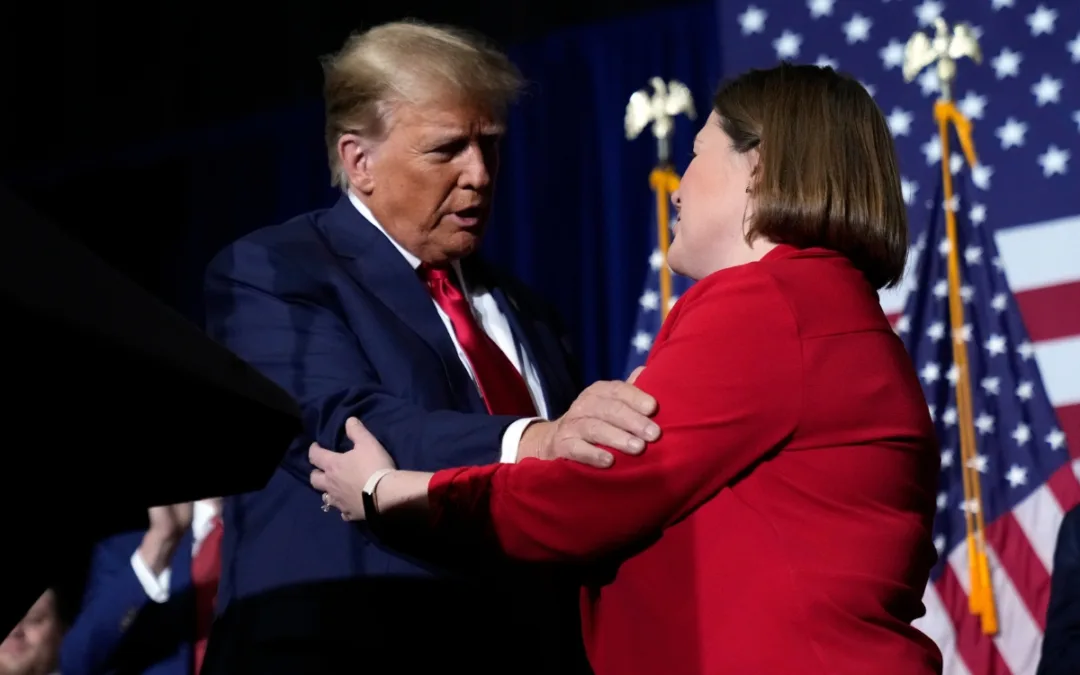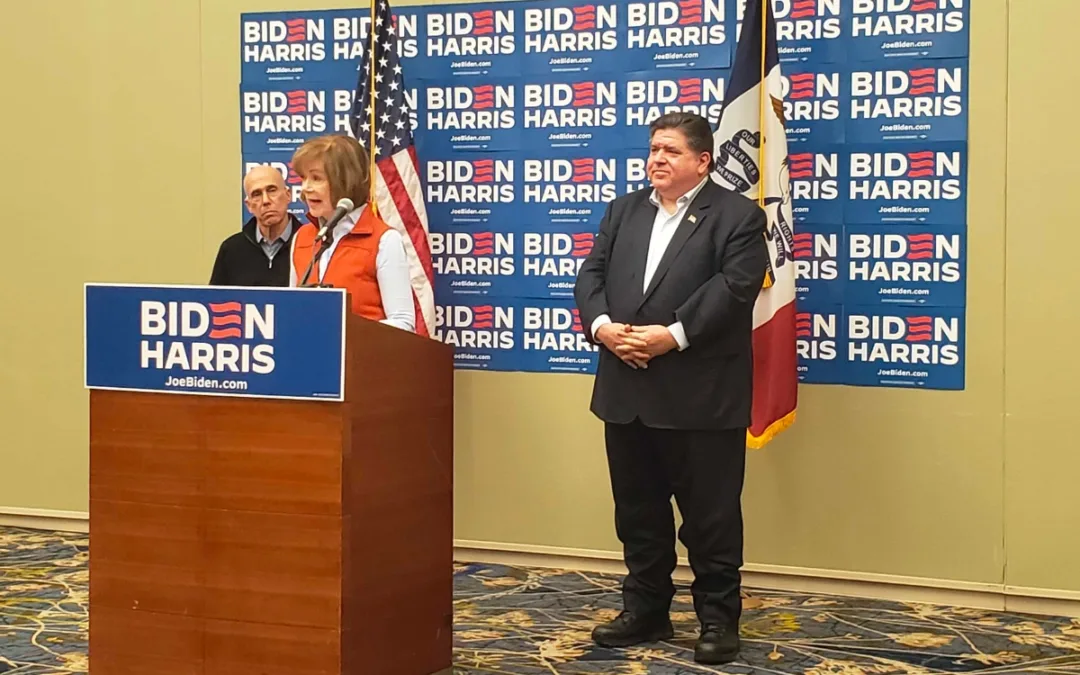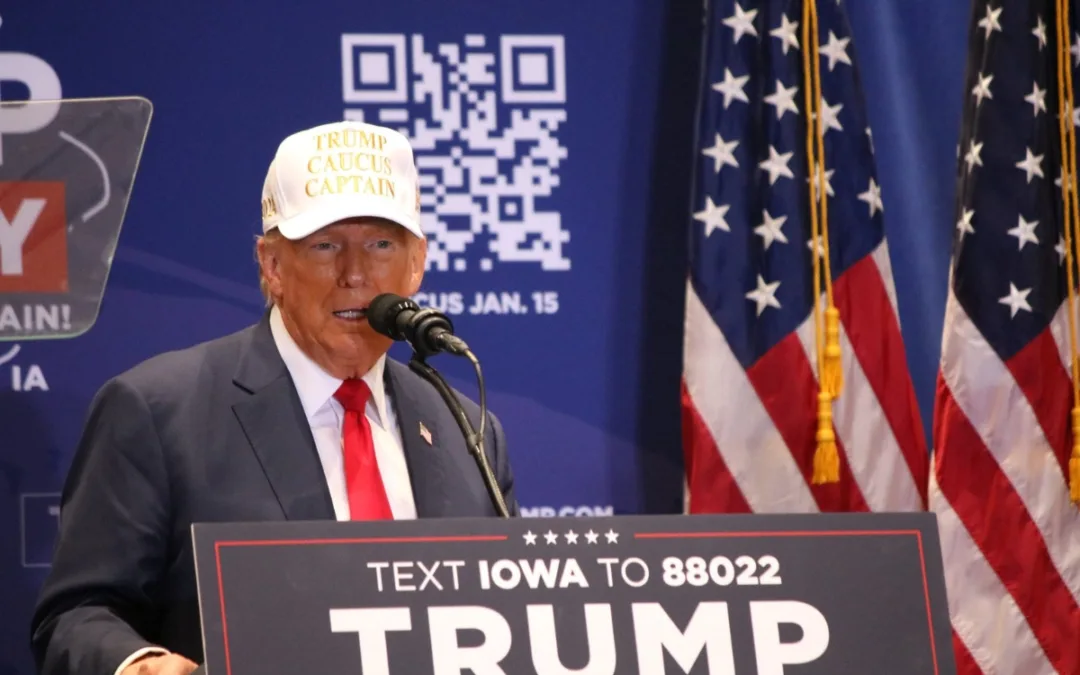
Photo by Julie Fleming
Every Democratic debate so far has included at least a few questions about health care. Namely, which version of universal health insurance the candidates support.
Moderators have used the differences to drive wedges between the party’s factions of “Medicare for All” versus a public option.
“I think that everybody on that stage believes that health care is a right, that we need to drive down health care costs, and really provide the highest quality care at the lowest possible cost,” said Tom Steyer, in an interview with Starting Line. “From the beginning, I’ve thought we’ve spent enormous amounts of time talking about Medicare for All versus a public option; I don’t think that’s that complicated a question, honestly.”
After five debates, the conversation still focuses on how to pay for Democrats’ ambitious health care proposals.
“People have sort of come to their own conclusions on that, but we keep having the argument. The ability of our political system to produce any of these changes is the other big piece,” Steyer said. “Everybody has moved to their corners. Why don’t we start talking about other things that are really dealing with the facts? I don’t know. I don’t know why they continue to ask those questions, it’s frustrating.”
[inline-ad id=”0″]
Right To Health
Steyer’s plan is public-option based. His proposal aims to control costs of care and prescription drugs; expand choice and coverage for patients; and improve the quality and accessibility of health care.
“Everybody is eligible. There’s a sliding scale to make sure that it’s affordable,” Steyer said, of his plan. “Anybody who doesn’t sign up who gets involved, who meets requirements, gets automatically enrolled.”
Drug Pricing
Steyer, a former businessman and Democratic activist from California, in his plan has included a lot of the pieces we’ve heard all the candidates outline in unison, including government drug price negotiation on behalf of consumers. Steyer calls for that across every plan the government offers, and would offer, under his administration.
His plan also includes major changes to increase transparency in the pharmaceutical industry, including enabling “Americans to purchase FDA approved drugs from across international borders, advance nationwide pricing transparency, and eliminate the ability of drug manufacturers to expense the cost of advertisements and increase advertising disclosure requirements.”
These are solutions we’ve heard from many of the candidates, much of which was included in the drug-pricing bill put forth by Congresswoman Nancy Pelosi and House Democrats. However, we really only hear about these points during in-depth health care forums, not on the debate stage.
[inline-ad id=”1″]
Improving Access
Another piece of Steyer’s plan involves eliminating surprise bills, which have been a huge point of concern for patients. Surprise billing happens when a patient is advised to see a specialist who isn’t included in their insurance network.
Oftentimes, even if a hospital is “in network” with an insurance company, a certain doctor in the same building may not be.
On the road in Iowa, Starting Line has heard voters tell stories about getting charged for a service they assumed was covered under their insurance plan. Why, after all, would an in-network specialist recommend an out-of-network service?
“It’s about creating a bigger network. We’re going to have to have much better coordination of data in the medical field,” Steyer said. “How many times have you walked into a room in a doctor’s office and filled out the exact same information?”
[signup_form]
Ushering In New Care
Steyer’s health care plan works alongside many of his other proposals, especially in regard to rural infrastructure. A significant part of his health care plan is bringing in, and improving, technical aspects of care.
Improving digital records, streamlining services like check-ins, check-ups and basic encounters with technology can lessen the stress on the over-burdened health care system. A big part of that effort is making sure all the pieces are safe and secure.
“I think there’s issues about privacy that people will have to get over. One of the things that’s really interesting, though, is how big of an impact good IT can have on care itself,” Steyer explained. “Sure, in terms of coordination, reducing costs, and cutting red tape, yes. But, also, in terms of information flow and getting better care to patients.”
[inline-ad id=”2″]
Working alongside improvements to rural broadband, and other rural infrastructure upgrades, Steyer hopes to bring quicker, more accessible care to people in rural areas.
Rural communities have seen services disappear in large swaths as hospitals consolidate and clinics close, forcing patients to drive hours for certain services.
Decisions like Iowa’s privatization of Medicaid, made by Republican state officials, can have disastrous consequences, Steyer said. He also disagreed with the ability of individual states to not expand Medicaid services.
“I think it’s really important to say that health care is a right for every American citizen in the 21st century. So, it’s absolutely critical that we expand Medicaid to every state, and that everybody have affordable health care as a right for them,” Steyer said.
“Actually, having watched states turn down federal dollars to do that, it’s painful to watch. And when you go to those states, it’s painful to see.”
By Josh Cook
Posted 11/26/19
Politics

It’s official: Your boss has to give you time off to recover from childbirth or get an abortion
Originally published by The 19th In what could be a groundbreaking shift in American workplaces, most employees across the country will now have...

Trump says he’s pro-worker. His record says otherwise.
During his time on the campaign trail, Donald Trump has sought to refashion his record and image as being a pro-worker candidate—one that wants to...
Local News

No more Kum & Go? New owner Maverik of Utah retiring famous brand
Will Kum & Go have come and gone by next year? One new report claims that's the plan by the store's new owners. The Iowa-based convenience store...

Here’s a recap of the biggest headlines Iowa celebs made In 2023
For these famous Iowans, 2023 was a year of controversy, career highlights, and full-circle moments. Here’s how 2023 went for the following Iowans:...




